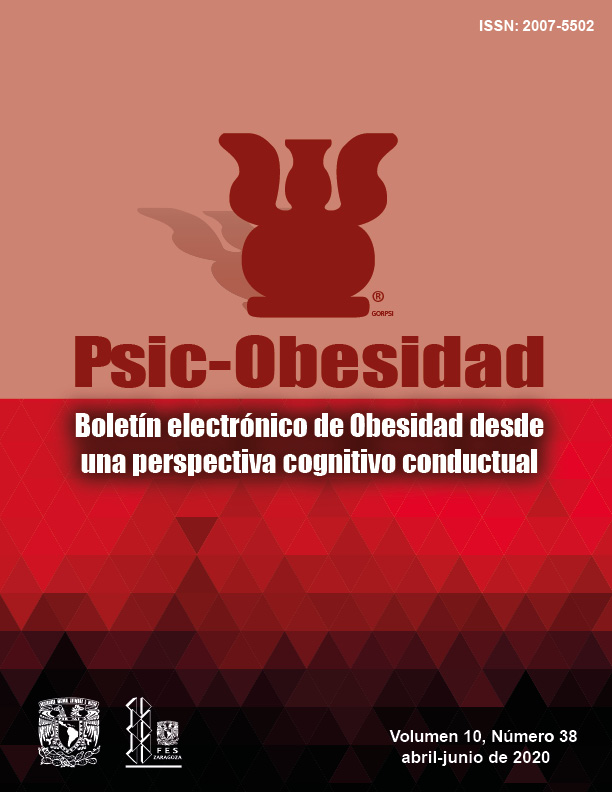Scenarios of Mental Health and Covid-19 in Mexico
Main Article Content
Abstract
In December 2019, an outbreak of a new coronavirus pneumonia occurred in Wuhan, China. At the beginning of 2020, the disease caused by the new virus (SARS-Cov -2) began to spread with an increase in confirmed cases and deaths spread throughout the world. The impact of the pandemic caused by the virus goes beyond the spectrum of clinical manifestations of the disease, which can vary from an asymptomatic course, to the presence of cough, fever, shortness of breath, to severe pneumonia with respiratory distress syndrome. acute and death. The appearance of this new virus has radically changed and in a very short time the way of life and the economy of practically everyone, confronting humanity with a reality for which we are not prepared. After the declaration of a global health emergency, there was an increase in negative emotions such as sadness, fear, and hopelessness. In addition to psychopathological alterations such as anxiety, depression, post-traumatic stress and pre-existing mental disorders. This context generated erratic behavior among people, due to speculation and ignorance about the mode of transmission of the disease, without effective treatment and without a vaccine. On the other hand, quarantine reduces the availability of timely psychosocial interventions and psychotherapeutic counseling. Among the elements that must be taken into account to evaluate the psychic response to COVID-19, are the personality structure, support networks, sociodemographic factors, social and work demands. Likewise, a sudden paradigm shift was necessary in the use of digital technology with alternative systems in communication, education, the provision of health services, work and the economy, in order to promote continuity in the different scenarios of employment. the social life of the country.




